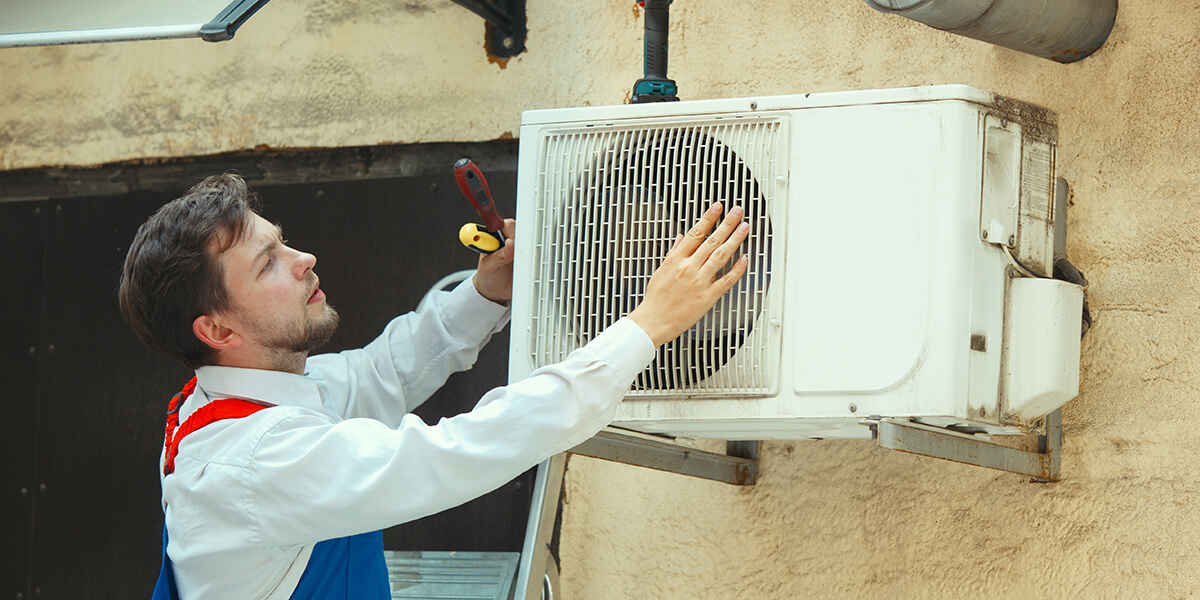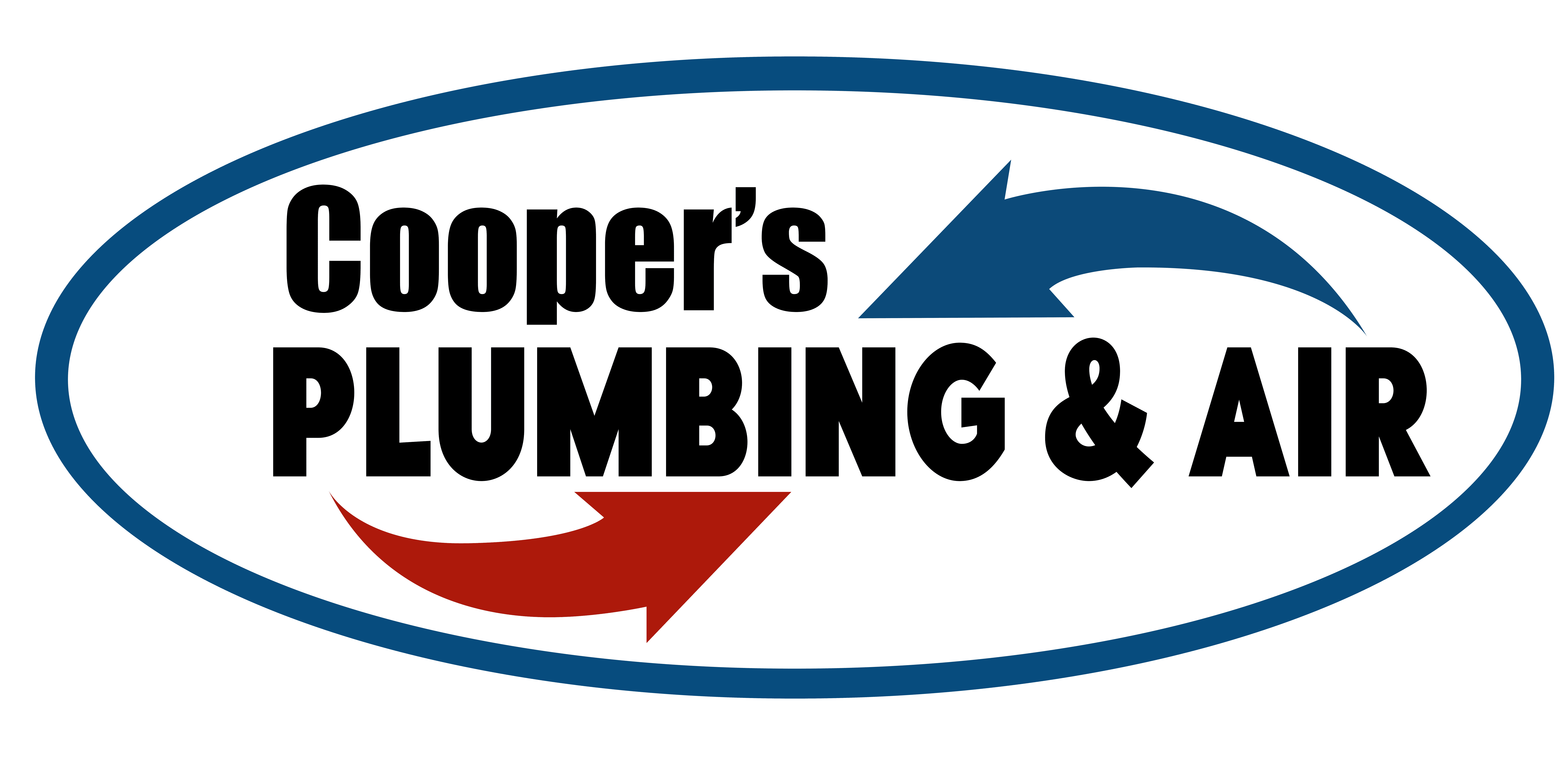
All parts of your air conditioner must be in good condition for the system to cool your house. Perhaps the most important part of home cooling is the compressor. But how can you tell if an AC compressor is bad?
As a top heating and air contractor in Tallahassee, FL, we’ll help you understand AC compressor failure indicators, help with AC compressor troubleshooting, and more. Trust us to provide you with the information you need.
What Is an Air Conditioning Compressor?
The compressor is one of the most vital parts of your air conditioning system. It works alongside the evaporator coil and condenser to distribute cool air throughout your home. The entire cooling cycle repeats the following steps:
- The evaporator coil contains liquid refrigerant to remove heat from the air.
- The compressor pressurizes the refrigerant into a gas as it collects heat.
- Heat transfers into the condenser unit and is then released through the outdoor unit.
A malfunctioning compressor compromises your entire cooling system, which is why checking AC compressor health is essential.
Common Signs of a Faulty AC Compressor
Do you know how to tell if an AC compressor is bad? Identifying faults in air conditioner compressors is fairly simple if you know the signs and symptoms to look out for. Below are six common issues you might experience with a faulty compressor.
1. Strange Noises
It’s normal for your air conditioner to hum during a cooling cycle. However, keep your ears peeled for any abnormal sounds coming from the unit, such as:
- Rattling
- Clicking
- Rumbling
These noises are crucial for diagnosing bad AC compressor symptoms. A clicking noise that occurs when the unit turns on could indicate an issue with the compressor’s electrical relay switch. Loud rumbling or rattling sounds often indicate the compressor mounts that support the motor are loose.
2. Airflow Problems
To maintain an efficient air conditioning unit, you’ll need to prevent common airflow issues, such as clogged air filters and blocked vents. You may experience a lack of airflow if the compressor is on the fritz. Contact a licensed HVAC technician to confirm the compressor is malfunctioning.
3. Frequent Circuit Breaker Trips
Does your air conditioner shut off immediately after you turn it on? The circuit breaker which powers your system will trip if you have an overheating compressor. The compressor draws more power to the system than the breaker can handle, which causes it to trip.
4. Refrigerant Leaks
If you’re wondering how to tell if an AC compressor is bad, look for signs of a refrigerant leak. Your unit may have a small puddle around it when liquid refrigerant starts to seep out of the coils. The compressor won’t work at all if the system has no more refrigerant, so contact a professional to repair the leak.
5. Warm Air Distribution
Is your air conditioner releasing warm air throughout your home instead of cool air? It’s likely due to a lack of refrigerant in your system. As mentioned above, refrigerant leaks are a common sign of a faulty compressor, so the two might go hand in hand.
6. System Won’t Start
The last thing you want on a hot, sticky day is for your air conditioner to quit working. A compressor that is damaged beyond repair will prevent your cooling system from powering on. Call an HVAC repair company to schedule immediate repairs.
How Can You Fix a Broken Compressor?
If you experience any of the issues mentioned above, reach out to a licensed HVAC contractor. They have the training and experience to diagnose the issue and make a plan for repairs.
Certain issues involve a quick fix, such as refilling refrigerant levels in the evaporator coil. In some cases, you’ll need a new compressor.
An expert can tell you if the compressor is the only piece that needs replacement or if it makes more sense to replace the entire system. If you experience frequent air conditioning problems or your unit is over 10 years old, it could be in your best interest to install a new air conditioner.
Tips for Maintaining Your Air Conditioning System
Maintenance is key for keeping your HVAC system in good working condition. You’ll never have to ask an expert how to tell if an AC compressor is bad as long as you keep up with proper maintenance. What are some easy ways to care for your system?
Changing your air filter is a great way to maintain your HVAC system. Experts suggest replacing your filter every 90 days, though some households will have to change theirs more frequently. Your filter might clog quicker based on factors like:
- The number of people in your house
- If you smoke inside
- If you have pets who shed hair
Schedule Professional Maintenance
Changing the air filter is something every homeowner should do. However, professional air conditioning maintenance is also necessary. Technicians perform the following steps in every tune-up service:
- Cleaning dirty coils
- Checking refrigerant levels
- Repairing loose electrical connections
- Performing minor repairs
Not only will a tune-up service extend the life of your air conditioner, but it also improves its efficiency and addresses issues on the spot. You can save money long-term by investing in HVAC maintenance.
Frequently Asked Questions
Why Is My Air Conditioning Compressor Failing?
Compressors fail due to a lack of air conditioning maintenance, overuse, and refrigerant leaks.
Should I Replace My Compressor or Install a New Air Conditioner?
Replace the compressor if your air conditioner is only a few years old and in otherwise good condition.
Keep Your Air Conditioner Working With Help From Cooper’s Plumbing & Air
You don’t need to research how to tell if an AC compressor is bad. Give the team at Cooper’s Plumbing & Air a call if your AC is leaking water, blowing smoke, or exhibiting other signs of a faulty compressor. We specialize in air conditioning installation, maintenance, and repairs and promise to leave your system in excellent condition.
Contact us at (866) 464-7132 to schedule a professional HVAC inspection in your Florida home.
